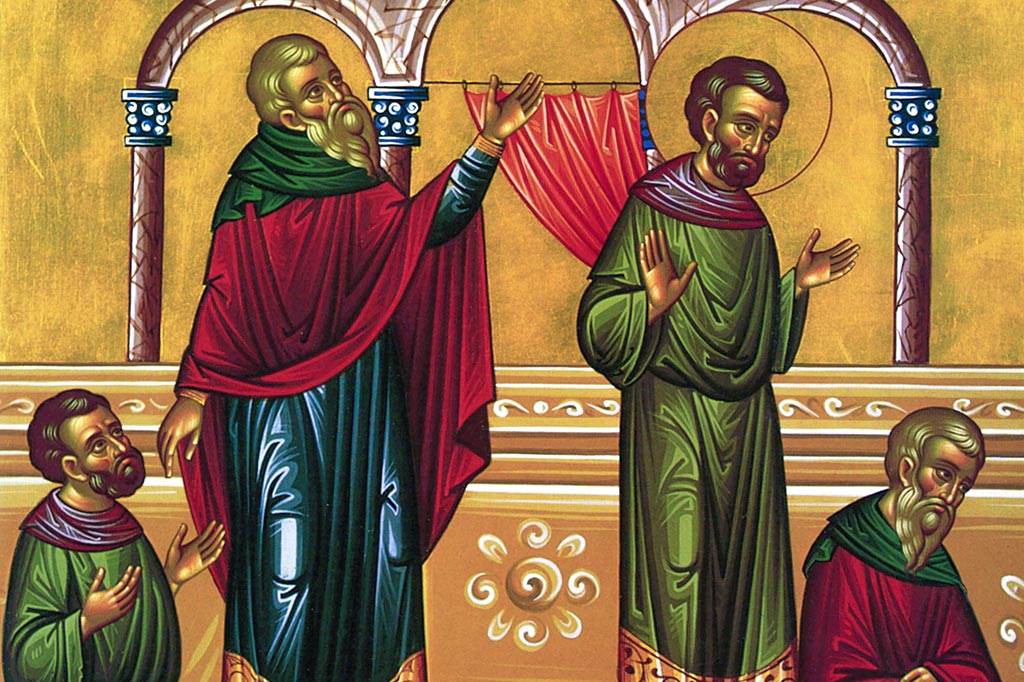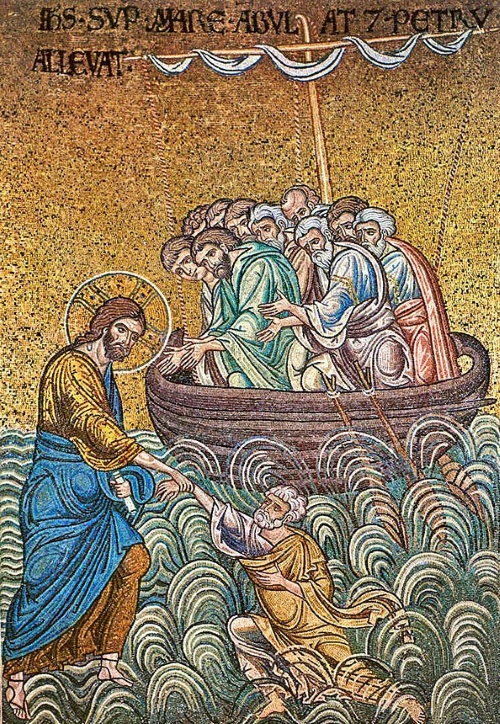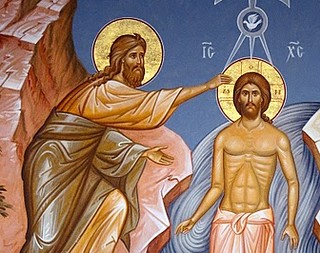If anyone thinks he is religious and does not bridle his tongue but deceives his heart, this man’s religion is vain. Religion that is pure and undefiled before God and the Father is this: to visit orphans and widows in their affliction, and to keep oneself unstained from the world.
James 1:26-27
We began a series of reflections on “Where I Am and Where I Want to Be in My Faith” yesterday by discussing several Biblical truths that form the backbone of Christian belief. Today we will deal with the issue of the difference between faith and religion. There are some who may disagree with the way I’m going to define these two terms, but I will reflect on them as I have come to understand them. Faith, as a concept, is focused on belief. Faith is specifically believing without fully seeing or comprehending. For instance, when I go under general anesthetic for a procedure, I am putting faith in the medical personnel to bring me safely through and wake me up when it is over.
Faith, from a spiritual standpoint, are the things in which we believe. As a Christian, I believe that Jesus Christ is the Incarnate Son of God, who came into the world to save us from our sins. I believe that He rose from the dead. I believe that He has the power to grant eternal life. Basically, the words of the Nicene Creed state what it is we believe as Christians.
There are only a finite number of “faiths.” Christianity is a faith, so is Judaism, Buddhism, Islam, etc. They are “faiths” build around a certain set of beliefs.
“Religion” as I define it, is the way that we express or practice our “faith.” So when someone asks me “What if your faith?” the answer is “I am a Christian.” When someone asks me “what is your religion?” the answer is “I am Orthodox.”
Remember that faith is what we believe in. As an Orthodox Christian, I do not believe in icons, the Divine Liturgy, or fasting. I believe in God, as we speak of Him in the Creed. I use the Divine Liturgy, icons, fasting, Holy Communion, Confession, prayer, Scripture reading, etc. as tools to help me express my faith and grow in my faith. That being said, I have confidence that these are important and necessary tools to use on my spiritual journey.
There are over 38,000 Christian religions (denominations), over 38,000 expressions of practice of the Christian faith. Can a person attain salvation in another religion outside of Orthodoxy? The easy answer is YES. Because Christianity is a faith which ostensibly preaches salvation in Jesus Christ. There are many ways to salvation. (Yes, there are some very conservative Orthodox Christians who will argue against this point. One thing we know for sure, is that God has the last say on salvation, not us). There are some “Christian” denominations that actually don’t believe in the Resurrection. I would argue that salvation is impossible without the Resurrection, so if one belongs to a denomination that doesn’t believe in the Resurrection, it would be hard to classify them as a member of the Christian faith.
Can people of other faiths attain salvation? First, that is for God to decide. Second, and more on a common sense level, if a faith does not have salvation as a destination, i.e. if they hold that reincarnation is the destination, then it would be hard to envision members attaining a salvation that they are not even desiring.
There are people who believe in the tenets of Christianity who are struggling with the Orthodox way of practicing Christianity. It might be that Orthodoxy is not for them, maybe they would be a better fit in another Christian religion. On the other hand, there are plenty of people who identify as Orthodox Christians, who aren’t working toward salvation. Perhaps there is a cultural draw, as is the case with the Greek Orthodox and other ethnic Orthodox Churches. Perhaps there is a nostalgia for what our parents did or how we grew up. And perhaps there is just a habit of poking one’s head into church on the big holidays and claiming to be an Orthodox Christian. These are people who identify as Orthodox, but who might not identify as Christian.
As Orthodox Christians, we need this dual identity—first as Christians, who believe in Jesus Christ, and whose destination is eternal life in the kingdom of God. And second, as Orthodox Christians who make this journey according to the universal practices of the Orthodox Church.
Lord, thank You for creating us and for redeeming us when we had fallen. Thank You for the faith we know as Christianity, which provides a purpose and destination for my life. Thank You for religion, that provides the structure and the guidebook for my faith journey. Help me to be a faithful Christian and to follow the path of religion to Your Heavenly Kingdom. Amen.
When someone asks what is my faith, the answer is “I am a Christian.” That is my goal, and my identity. When someone asks what is my religion, the answer is “I am an Orthodox Christian.” This is the way I practice my Christian faith.



